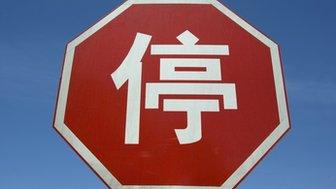The trouble with China's anti-corruption campaign
- Published
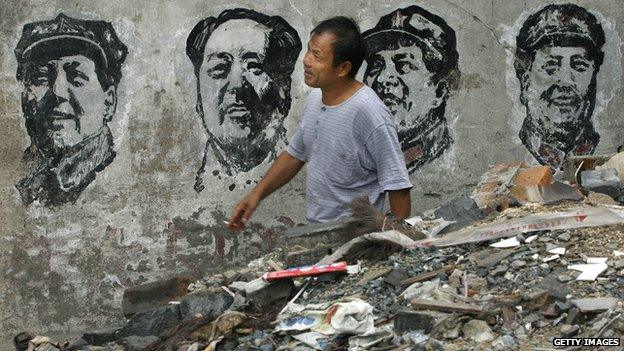
Social media users point out that laws have been in place for decades - but not enforced
A ruling in Shanghai banning the husbands, wives and children of top officials from running businesses is meant, of course, to allay the deep public concern about official abuse of power.
But, as has so often been the case throughout China's much-vaunted anti-corruption campaign, the tougher the rhetoric grows the wider the ridicule becomes.
"What about cousins, mistresses, aunties and brothers and sisters?!" writes one social media user on the microblog platform Weibo.
"Is this the same regulation that was published back in 1985?" writes another. "What has it been doing since then?!"
The trouble for China is that the public knows only too well that corruption is not simply a by-product of the system. It is the system.
It flourishes because there is no oversight, no free press, no separation of powers, no independent judiciary and no political opposition.
So, as the crackdown continues, each eyebrow-raising story only serves to underline just how impossible the task at hand really is; the army general found with so much cash in his Beijing home it took 12 trucks to haul it away; another official in Guangdong who kept 47 mistresses and owned 63 apartments.
With ill-gotten gains on that level - in a system in which civil servants are meant to earn as little as $200 (£132) a month - it is little wonder that few on social media appear to hold out hope that Shanghai's latest regulation will have much impact.
"Why do they need to make it so complicated?" a Weibo user calling himself "Absolute Zero" writes.
"All they need to do is to make officials' assets public. We don't care if they're doing business, we just care if the business is legal."
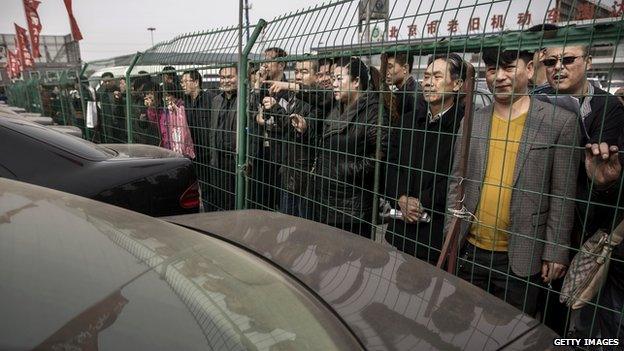
Indeed as one of the Weibo users quoted above points out, national level regulations concerning officials' outside business activities date back at least two decades, but they've been widely flouted and rarely enforced.
Shanghai's new regulation - which bans spouses from running any business anywhere and children from any business in Shanghai - may well go further than before.
But, of course, it will ultimately be enforced by the very same Communist Party bigwigs whose actions it is meant to curtail.
The BBC spoke to one Shanghai businessman known to be the son of a senior city official.
He claimed to be unaware that the rule had just been published and anyway sounded pretty relaxed about its likely effect.
"My dad's retiring soon," he said.
- Published10 April 2015
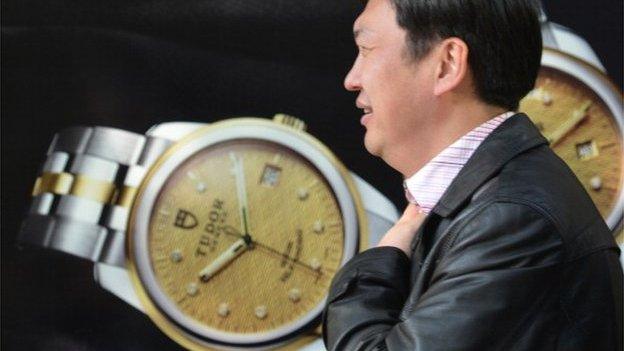
- Published20 February 2015

- Published3 April 2014
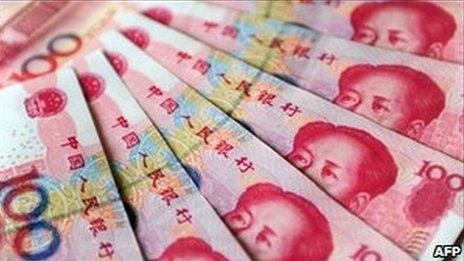
- Published8 March 2012
